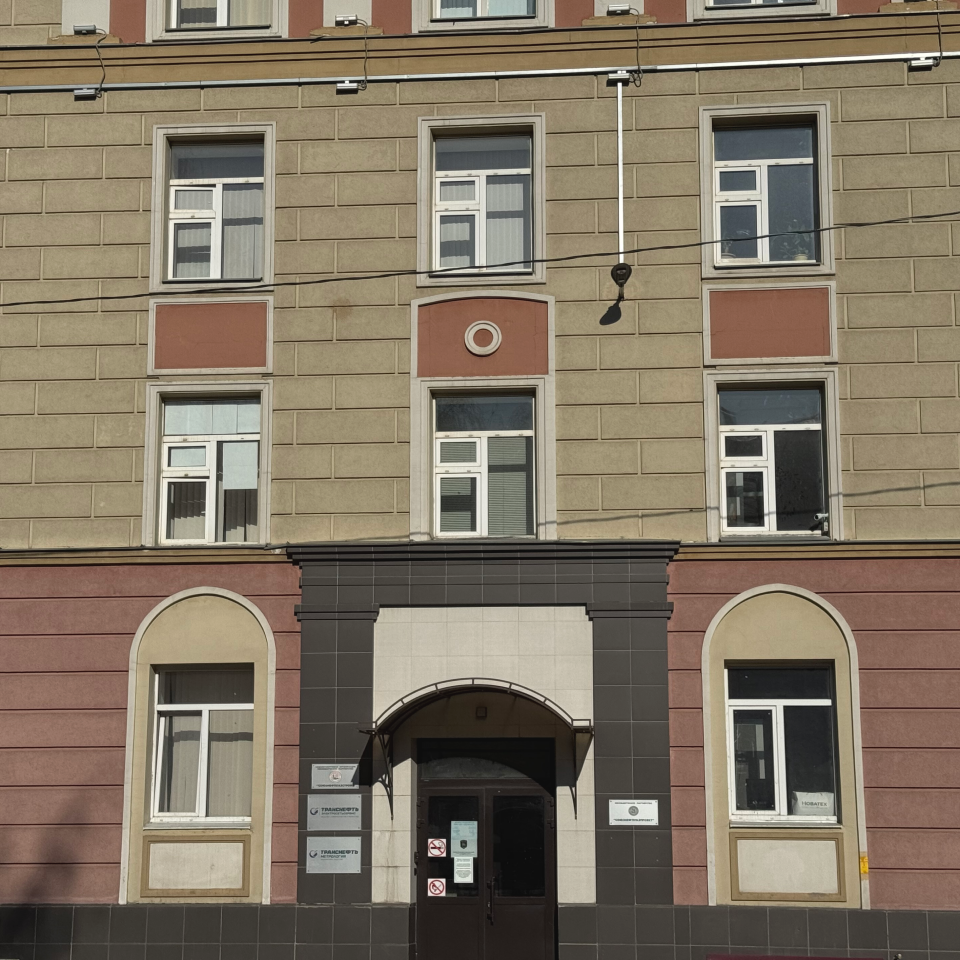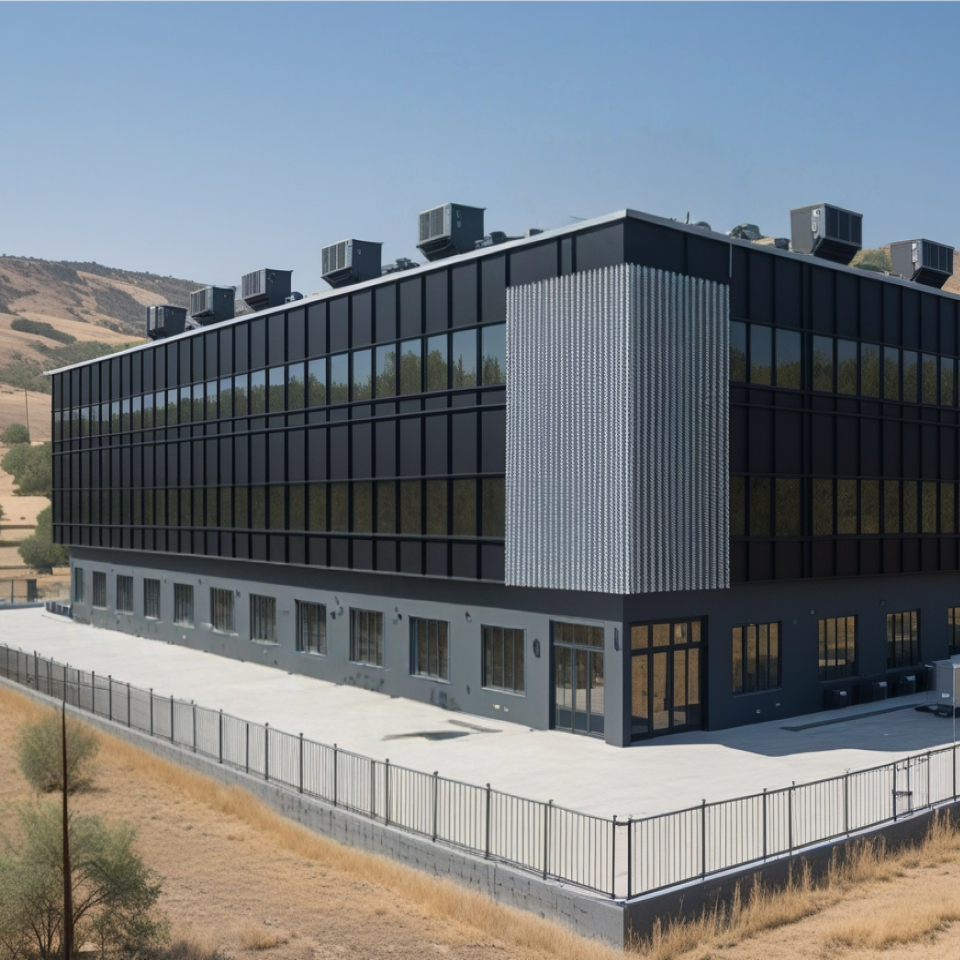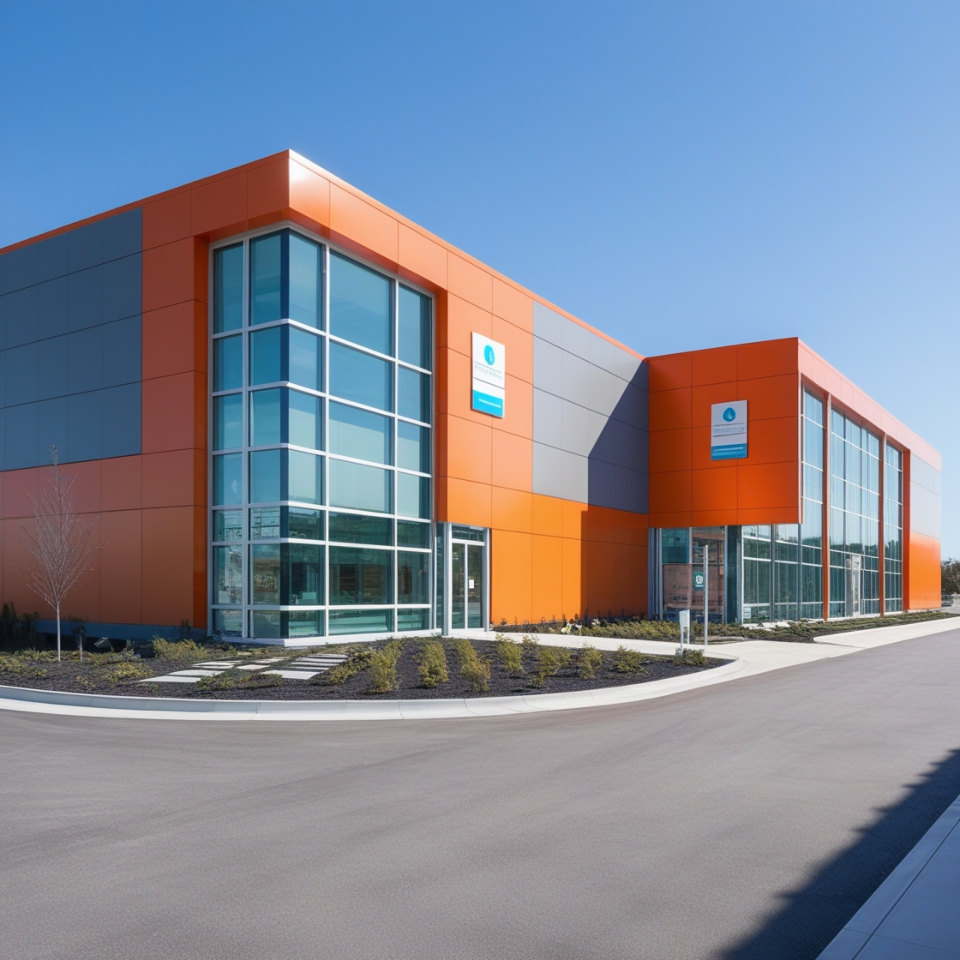The aerospace industry, representing a combination of technological, production, and management resources, serves as the foundation for the development, production, and operation of aviation and space technology. It includes not only direct production facilities but also research institutes, educational institutions, service and repair centers, as well as logistics and supply systems. All these elements are closely interconnected and require highly organized management to ensure uninterrupted and efficient operation.
In today's world, where the speed of innovation implementation and responsiveness to environmental changes become determining success factors, the application of integrated management systems gains particular importance. These systems enable automation of various processes, from design to mass production, contributing to increased accuracy and reduced time at each development stage.

The complexity and diversity of processes in the aerospace industry require a comprehensive management approach. At the design stage, it is necessary to consider numerous parameters, from aerodynamic characteristics to the economic efficiency of the future product. During production, it is crucial to ensure high assembly precision and adherence to technological processes, while at the operation stage, reliability and safety of equipment usage must be guaranteed.
The implementation of integrated management systems in the aerospace industry enables achieving a high level of coordination between different departments and specialists, which is particularly important when executing large-scale and international projects. This also strengthens partnerships with suppliers and customers by enabling transparent reporting and monitoring of commitment fulfillment.
Additionally, integrated management systems provide continuous data monitoring and analysis capabilities, which are integral parts of the quality management process. Analyzing large data volumes helps identify potential issues at early stages and take prompt corrective actions.
It is also worth noting that implementing integrated management systems enhances production automation levels. This reduces dependence on the human factor, minimizes error probabilities, and increases overall labor productivity.
Overall, integrating modern management systems into the aerospace industry infrastructure opens broad prospects for further development and strengthening market positions globally. This not only optimizes current processes but also creates a foundation for future achievements in space exploration and aviation technology, which holds strategic importance for national security and economic progress.






